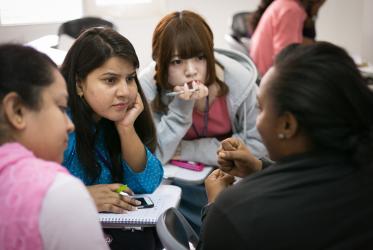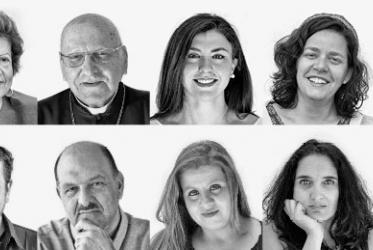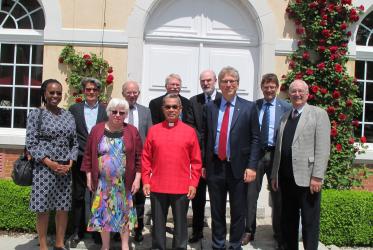Displaying 61 - 80 of 99
G20 summit: call to pray for peace in Hamburg
07 July 2017
WCC seeks #JusticeAndPeace in the Holy Land
20 June 2017
WCC gravely concerned over Israel’s travel ban
09 March 2017
WCC general secretary speaks on religion and discrimination
14 February 2017
Churches in Norway and Pakistan break new ecumenical ground
26 January 2017
Tveit offers input at religion and development meeting
03 October 2016
Panel discussion fields ideas on European identity
26 April 2016
Symposium focuses on religion, violence, extremism
04 February 2016
Rebuilding a smashed church in Albania
23 December 2015
WCC urges responsibility for and support to the refugees in Europe
04 September 2015












